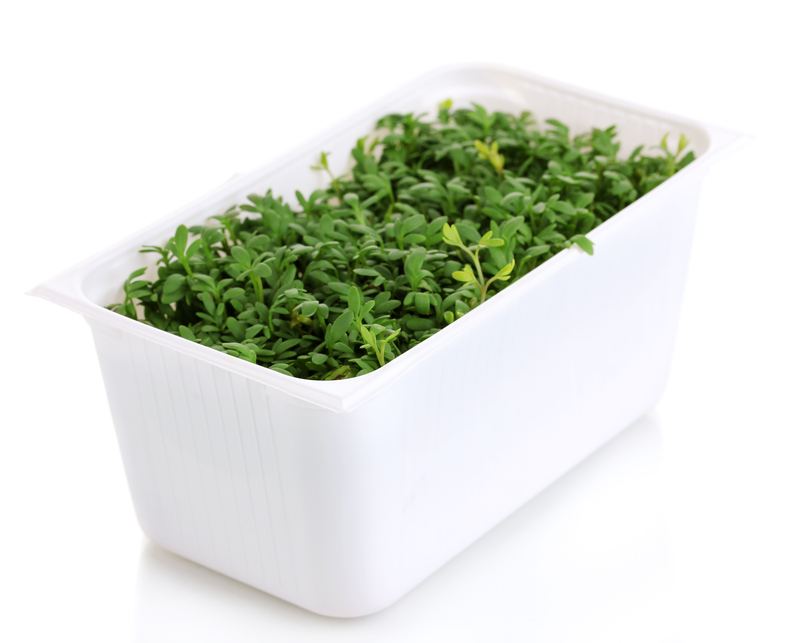Disposing Face Masks and Gloves Without Harming the Environment
Since the outbreak of COVID-19, face masks and gloves have become daily essentials across the globe. While these personal protective equipment (PPE) items help prevent the spread of viruses, their improper disposal is threatening our natural environment. If you are wondering how to dispose of face masks and gloves without harming the environment, this article offers comprehensive, actionable guidance to help protect our planet while staying safe and healthy.
Understanding the Environmental Impact of Improper PPE Disposal
Single-use masks and gloves are usually made from synthetic polymers such as polypropylene, latex, or nitrile. Unfortunately, these materials are non-biodegradable and can take hundreds of years to decompose. Improper disposal leads to:
- Increased plastic pollution in oceans and on land
- Threats to wildlife through ingestion or entanglement
- Blocked waterways leading to flooding
- Release of toxic microplastics into the food chain
- Potential spread of pathogens if contaminated PPE is not handled carefully
Learning the correct ways of disposing protective face masks and gloves is crucial for environmental protection as well as public health.

Types of Masks and Gloves: Recyclability and Decomposition
Masks: What Are They Made Of?
- Surgical masks: Mostly polypropylene (a type of plastic) with elastic ear loops
- Cloth masks: Natural fibers (cotton, linen, etc.) and/or synthetic blends, often reusable
- N95 respirators: Multiple synthetic layers providing high-level filtration
Gloves: Major Materials Used
- Nitrile gloves: Synthetic rubber, highly durable, common in medical use
- Latex gloves: Natural rubber, biodegradable but less frequently disposed properly
- Vinyl gloves: Made from PVC, not biodegradable
Most disposable masks and gloves cannot be recycled through mainstream recycling programs due to contamination risks and the nature of the materials. Thus, knowing eco-friendly practices for discarding PPE becomes even more essential.
Consequences of Improper Disposal
With billions of disposable masks and gloves used monthly worldwide, the environmental consequences of careless disposal are alarming. Streets, parks, and beaches have witnessed a surge in PPE litter. Scientists warn that:
- Discarded masks and gloves are mistaken for food by marine animals
- Entanglement of wildlife can lead to injury or death
- Breakdown of plastics results in toxic microplastics, which enter water supplies and food chains
- Public health risks rise if used PPE spreads contamination
Responsible disposal is a civic and environmental duty. The next sections detail how you can implement safe and sustainable face mask and glove disposal methods.
Best Practices for Eco-Friendly Face Mask and Glove Disposal
1. Do Not Litter
The simplest way to protect the environment is to never drop masks or gloves on the ground. Always use a trash bin, and if one is unavailable, carry your used PPE home in a sealed bag until you can dispose of it properly.
2. Use a Dedicated Lined Bin
At home or at work, dedicate a lined bin specifically for disposable masks and gloves. Ensure the bin is regularly emptied and sealed, preventing exposure to children, pets, and wildlife.
3. Do Not Flush Masks or Gloves
Flushing face masks or gloves can block plumbing and pollute waterways. These items should never be flushed down a toilet or sink.
4. Minimize Touching Used PPE
Always remove masks and gloves by the ear loops or wrist, avoiding contact with contaminated surfaces. Wash or sanitize your hands thoroughly after handling used PPE.
5. Cut the Straps Before Disposal
Cut the ear loops of masks and the wrists of gloves before disposing. This simple step prevents animals from becoming entangled and suffering injury or death.
6. Opt for Reusable Options Where Possible
Invest in high-quality washable face masks and reusable gloves when practical. By reducing reliance on disposable PPE, you cut down on plastic waste and help save the environment.
Specialized PPE Disposal Solutions
1. Community PPE Disposal Bins
- Some municipalities provide special bins for collecting PPE waste. Check with your local government or waste management authority for locations and requirements.
- Do not mix PPE with recyclables, garden waste, or food waste.
2. PPE Recycling Programs
- Some private companies (like Terracycle) and hospitals offer specialist recycling for disposable masks and gloves.
- Check online for local drop-off points or mail-back schemes dedicated to PPE recycling.
3. Eco-Friendly PPE Innovations
- Biodegradable masks and gloves are now being developed from natural materials like corn starch, bamboo fibers, and algae.
- If available, choose compostable PPE designed to break down safely after disposal.
What to Avoid in PPE Disposal
- NEVER burn masks or gloves at home -- burning plastic releases toxic dioxins and furans harmful to humans and environment.
- Do not dispose of used PPE in public recycling bins.
- Do not compost synthetic masks or gloves in your home compost heap, as they will not break down and may contaminate compost.
Step-by-Step Guide: How to Safely Dispose of Masks and Gloves
- Remove carefully: Take off the PPE by touching only the ear loops (mask) or wrist area (gloves).
- Place in a bag: Put the items into a small, sealable bag (such as a dog waste or food storage bag).
- Seal the bag tightly: This prevents contamination or the items being blown away.
- Dispose in regular waste: Place the sealed bag in your general waste (not recycling or organics).
- Wash hands: After disposal, wash or sanitize your hands thoroughly.
Understanding Your Local Guidelines
Disposal regulations may vary by country or municipality. For example:
- Some locales require disposal of used PPE in double bags if the user is infected or quarantining.
- Workplaces may have separate protocols for medical or hazardous waste.
Always check with your local waste management authority to follow the most environmentally responsible and legal methods for disposing face masks and gloves.
Alternatives and Innovations: Reducing the Environmental Impact
Switch to Reusable Masks and Gloves
- Cloth masks can be safely washed and reused, significantly reducing single-use waste.
- Some gloves are washable and made of natural fibers suitable for household use (but avoid in medical settings).
Choose Eco-Friendly Brands
- Seek out biodegradable masks and gloves that are certified compostable.
- Read packaging and manufacturer guidelines to ensure correct disposal.
Support Research and Cleanup Efforts
- Many organizations conduct cleanups of PPE-littered landscapes--consider volunteering or donating.
- Support laws or businesses that promote sustainable PPE production and waste management innovations.
What You Can Do To Help: Public Awareness and Advocacy
- Educate friends and family about how to dispose of protective gloves and masks responsibly.
- Encourage workplaces, schools, and public venues to provide clear PPE disposal bins and signage.
- Advocate for local and national policies to improve PPE recycling and environmental protection.

The Future: Sustainable Solutions for PPE Waste
Scientists and entrepreneurs are actively developing green alternatives and recycling technologies for PPE. For example:
- Research into enzyme-based recycling of polypropylene masks
- Development of compostable face coverings made from agricultural waste
- Introduction of collection schemes turning used PPE into construction materials (e.g., road base, bricks)
Public support for these initiatives will drive demand for and access to safer, eco-friendly PPE in the years ahead.
Conclusion: Protect Yourself and the Planet
The COVID-19 crisis has demonstrated our reliance on single-use masks and gloves, but it has also underscored the urgent need for responsible PPE disposal. By understanding the environmental impact, following safe disposal steps, and advocating for sustainable options, everyone can help minimize the ecological footprint of personal protective items.
Remember: Disposing face masks and gloves without harming the environment is possible. Stay informed, choose reusable alternatives where feasible, and always dispose of your PPE waste thoughtfully. The collective effort will go a long way in promoting a cleaner, safer planet for future generations.
Take Action Now
- Never litter PPE--use sealed bins.
- Switch to reusable face masks and gloves whenever possible.
- Stay informed about local guidelines and eco-friendly disposal options.
- Encourage your community to adopt responsible PPE disposal practices.
Protect yourself, protect others, and protect the environment! If you have further questions about how to dispose of face masks and gloves in an eco-friendly manner, consult your municipality's waste authority or environmental groups for guidance.
